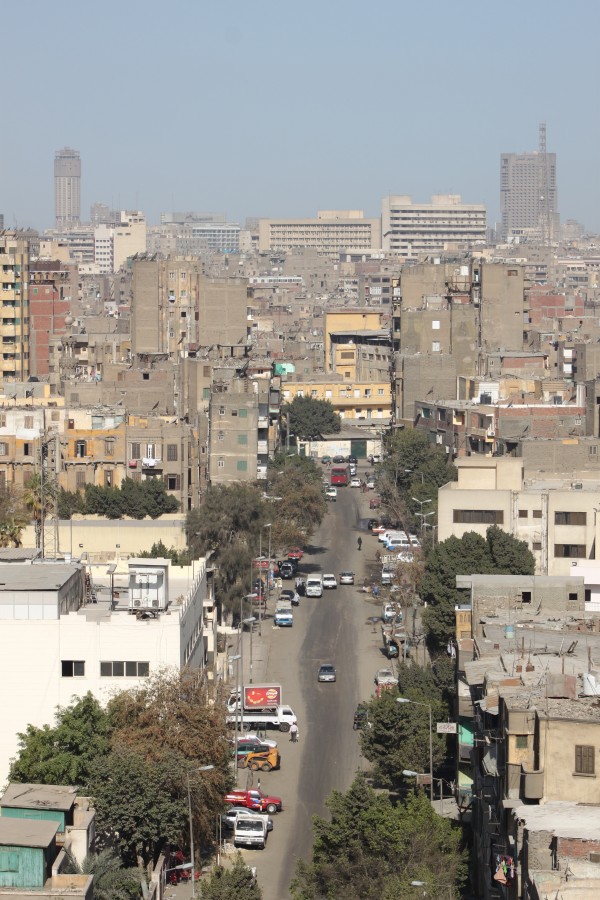
Like many AUCians, I was born and raised abroad – meaning that in the sporadic summers I spent in Egypt, I experienced little beyond Cairo and mainly spent time with my family.
Only recently did I get the chance to truly act like a tourist in my own country, when a dear friend of mine from China came for a visit and yours truly acted as her guide.
This came on the heels of the #ThisIsEgypt campaign, and I, for one, was eager to see the places others were raving about because I knew very little about them.
We started our journey in Cairo of course.
For the first time, and by virtue of holding conversations with my friend in English, I was mistaken for a foreigner – and that somehow gave schoolchildren and teenagers alike the right to grab me (and my friend of course) and take pictures with us. It fascinates me to this day that the two of us were deemed more interesting than the Pyramids, the Citadel and the National Museum.
My friend also asked a number of interesting questions I could not answer, such as ‘why do Egyptians drive so close to each other?’ and ‘why do you ask the taxi driver if he’ll take you to wherever you want to go before getting in?’
We later moved on to Luxor and Aswan where the difference between the bustling capital and the countryside caught me off guard. The underdevelopment of upper Egypt was something trapped between the pages of my textbooks, but it came to life when my friend asked me why the roads were so run-down, or why the red-brick houses were built so haphazardly.
She enjoyed learning about the temples and the ancient religion of the pharaohs (as did I of course,) but I was struck by just how little I knew about the culture and politics of our ancestors.
In a temple on the banks of Edfu, I heard a middle-aged woman tell her daughter that if the pharaohs who built this magnificent facade had been alive today they’d be ashamed of what the youth have become.
In Alexandria, we got a taste of local seafood and definitely a classic Alexandrian downpour but our most entertaining experience was the Qaitbay Maritime Museum – with its horrific fossilized fish staring out from behind dirty glass displays and no explanation as to what they are.
In each city, including my own, I was left simultaneously in awe and absolutely infuriated.
I discovered that water could cost up to EGP 15 depending on the language you speak, and that Khan el Khalili would never lose its charm no matter how many times I visit. It saddened me that the walls of the Qaitbay Citadel, the stones of the pyramids and the walls of the Karnak temple carried markings that said foolish things like ‘Islam [heart] Mona 19/12/2015’.
While it was refreshing to see my country through the eyes of a complete stranger, this trip opened my eyes to the depth of the tourism crisis in Egypt – which goes far beyond the tourists simply not coming to the country.
Should they decide to, the tourists will be met with run-down infrastructure and oftentimes poor treatment as they haggle their way across Egypt. The Egyptian touristic experience could do without sexual harassment, cons and the persistence of peddlers who don’t take no for an answer.
Egypt’s heritage is world-renowned. Say the word ‘pyramid’ to anyone anywhere and they will instantly think of the ones in Giza. But reliance on that alone is insufficient.
In order to turn the depressing tourist situation around, Egyptians need to change the way they understand tourism to a more holistic approach instead of solely marketing the natural attributes of
the country.
Nadine Awadalla, Editor-in-Chief
